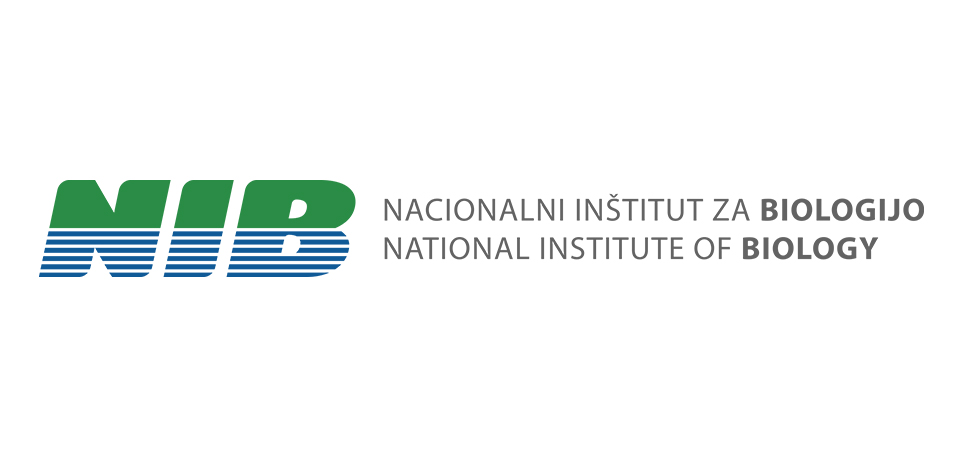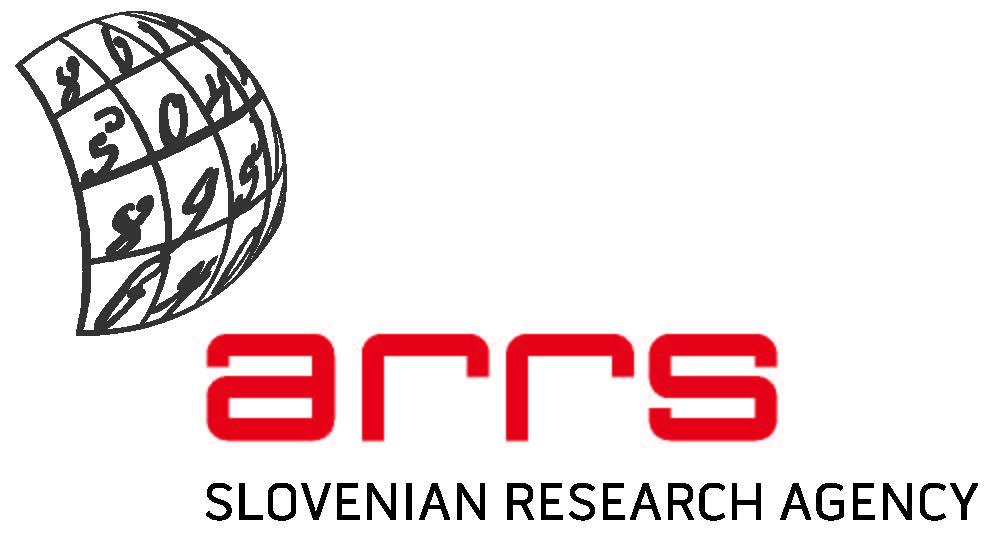Projects
The purpose of the investment project BTH-NIB is the assurance of the appropriate infrastructural conditions for the use of research and developmental opportunities in the fields of operation of the NIB.
Play Video About project Publication
CRP: Plastic Pirates - Go Europe; young Citizen Scientists with a mission to collect data and disseminate knowledge about plastic and microplastic pollution of rivers
Project coordinator: Mateja Grego, PhD
Code: V1-2040
Duration: 1. 4. 2021 - 30. 6. 2022


The authors acknowledge the project V1-2040 was financially supported by the Slovenian Research Agency and by the Ministry of Education, Science and Sport.
Partner Institute for Water of the Republic of Slovenia http://www.izvrs.si/?lang=en .
Subcontractor Ecologists Without Borders https://ebm.si/en/ .
Research group: link to database SICRIS
Bibliographic and other information about the project: link to database SICRIS
Project webpage: link to https://www.plastic-pirates.eu/en
Project description, phases and implementation
The countries of the EU- Trio Council Presidency Germany-Portugal-Slovenia (second half of 2020 and in 2021) have agreed on the common objectives, including strengthening public participation in scientific research, i.e. Citizen Science, and scientific excellence, and developing recommended measures to prevent the accumulation of plastic waste in seas and rivers. Under the common slogan "Plastic Pirates - Go Europe!" we will motivate schools and extracurricular youth groups in Germany, Portugal and Slovenia to actively participate in order to support scientists in collecting data on micro- and macroplastics and to spread awareness on the issue of plastic waste among young people.
In Slovenia the project is coordinated by Piran Marine Biology Station - National Institute of Biology (NIB), with the aim of conducting at least two sampling campaigns in Slovenia (spring 2021 and autumn 2021), each involving (up to) 50 schools, total 100 schools in total. The project has been running in Germany since 2016. The aim of the international project is to sample waste in rivers according to a uniform methodology that provides insight into the current state of pollution of water bodies, ensures measurability of results and comparability between countries. For the implementation of the project in the mentioned partner countries it is planned to revise and translate the materials (teaching and working materials, campaign booklet, website, explanatory videos, flyers etc.) that will be produced in four languages (English, Slovenian, German and Portuguese). The planned training of teachers will take the form of online seminars for teachers. We will coordinate interested teachers in conducting the sampling; advise them on how to properly collect and classify the collected waste, and how to properly send the data through the web interface. Fifty microplastic nets will be distributed to participating schools before each sampling campaign together with printed teaching and project materials. Data on litter collected according to a uniform methodology in the three participating countries will be verified by experts in this field from the Institute of Water of the Republic of Slovenia (analysis of photographic material of riverbank litter, floating litter, river width, etc.). The schools will send in the samples collected with the microplastic net along with water velocity information. The chemical composition (type of plastic) will be determined for the microplastic particles using a Fourier Transform infrared spectrometer microscope at NIB-MBS. A key aspect for the project success and the planned impact of the project results on the public (and their awareness) is a high quality promotion of the project at all stages of the project. To this end, we will engage a specialist organization with proven credentials, particularly in the field of ecological issues, the non-governmental organization Ecologists Without Borders. The results of the international project will include an analysis of river pollution by micro- and macroplastics, as well as an analysis of citizens' (mentors and students) awareness of plastic pollution. The first step will be to evaluate the scientific results of the project at national level by analyzing the occurrence of macro- and microplastics in rivers. This will be followed by a comparative analysis of the results between countries, carried out by research partners in Germany, Portugal and Slovenia. The research within the project and its results will also contribute to raising awareness of various experts in the field of water pollution, as well as to the education of the general public and decision makers.


 Scope of NIB's accreditation is given in the Annex to the accreditation certificate and in the List of accredited methods for detection of GMOs and microorganisms – plant pathogens
Scope of NIB's accreditation is given in the Annex to the accreditation certificate and in the List of accredited methods for detection of GMOs and microorganisms – plant pathogens 
